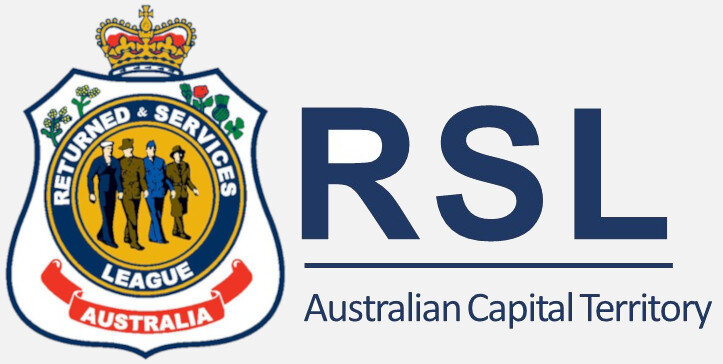Looking for work after the military? Ask yourself these questions.
When it comes to finding work after the military, it’s easy to feel overwhelmed. These questions are a great place to start.
Looking for work after the military can be daunting to say the least. But don’t panic. The good news is there are lots of options available to you – as a veteran you are a highly trained and valuable candidate.
As a starting point, ask yourself the following questions.
What am I qualified for?
As a veteran, you may have a trade or experience that is easily recognisable to a civilian employer. But maybe your skills and experience don’t easily translate to the general workforce. You may not know what their application is in day-to-day life outside of defence – especially if you have no prior civilian employment history before service.
You’ll need to look at your PM Keys and training history, and then translate your experience for the civilian employer. The ADF has training and skills guides here, which can help you to identify what you have to offer.
How do I “sell” myself?
Unlike most of the civilian world, ex-ADF members may not have considered how to market themselves to an outside organisation. You will most certainly have skills and experience that will be attractive, but how do you identify them and translate them for the civilian employer?
Civilian employers or recruiters will not understand military jargon, acronyms or military-specific wording. Working with a specialist career coach can help you to nut out what you’re qualified for and to translate your military experience into language that employers understand.
What work do I want to do?
One of the hardest questions to answer after leaving the armed services is, what do I want to do now? During your time in service, it’s likely that decisions about your work were made by others to fill a broader need. Now that you’re in the civilian world, it’s all about you and what direction you want to take. Now’s the time to dream big – and take steps to make it happen.
You might already have some idea what kind of work you’d like to do. Talking with a career coach can help you to know what the first steps are to get there.
Or perhaps you’ve got no idea what direction to head in. Again, discussing your history and your personal ambitions with a career expert can help you to identify your areas of interest, and what type of work will suit you.
What type of employment would suit me?
Depending on your current lifestyle, financial situation and career goals, different forms of employment may be more suitable than others.
It might suit you best to gain full time work with an employer, for financial and job security. Or maybe you’ve got the right skillset to work as a contractor, with a little more freedom to pick and choose who you work for and when. You might like to work part time, around your family or study commitments.
Talking with a career coach can help you decide what type of employment would best suit you. They can then link you with suitable employers or provide you with resources to assist in your goals.
What training or study do I need to do?
Once you know what direction you want to head in, you’ll need to identify what training or study will help get you there.
You may need to work part time while you’re studying, so consider what work you can do now and how to balance that with your studies.
A career coach can help you enrol in training courses and find part time work to support yourself while you’re learning new skills.
Are you a veteran seeking employment or a career change? We can help!
The RSL Veterans’ Employment Program is a free employment and career coaching service for veterans, partners and immediate family members. We can help you find your passion and purpose or make your next career move. Get in touch with our local career coaches today!


